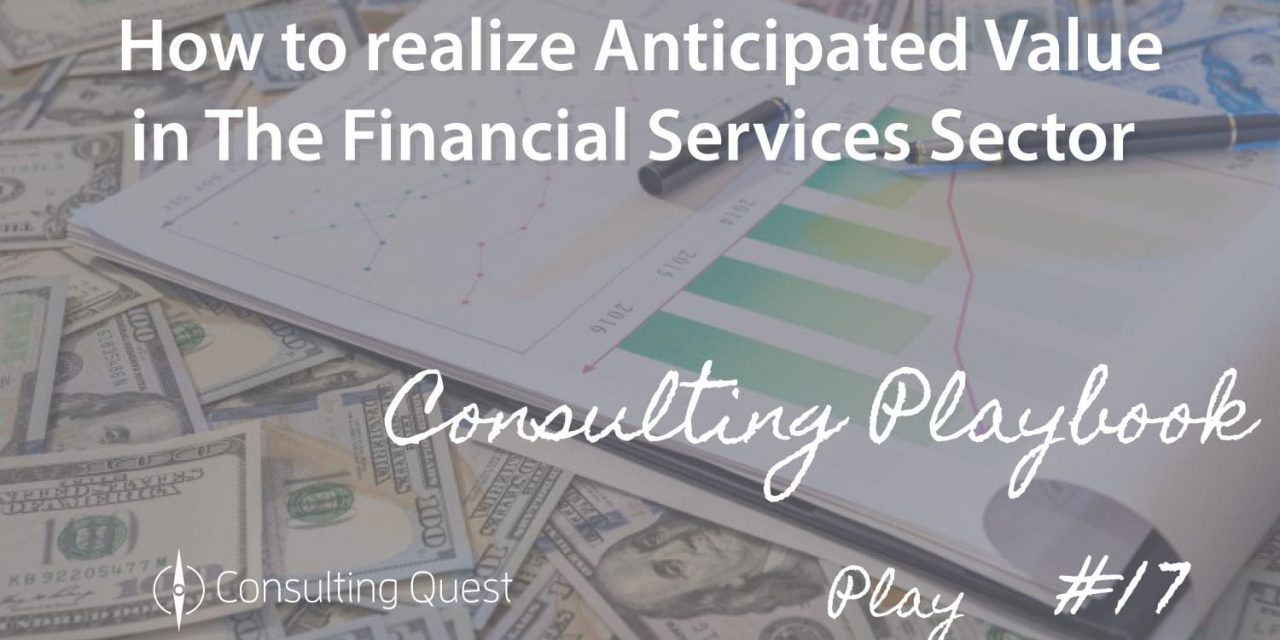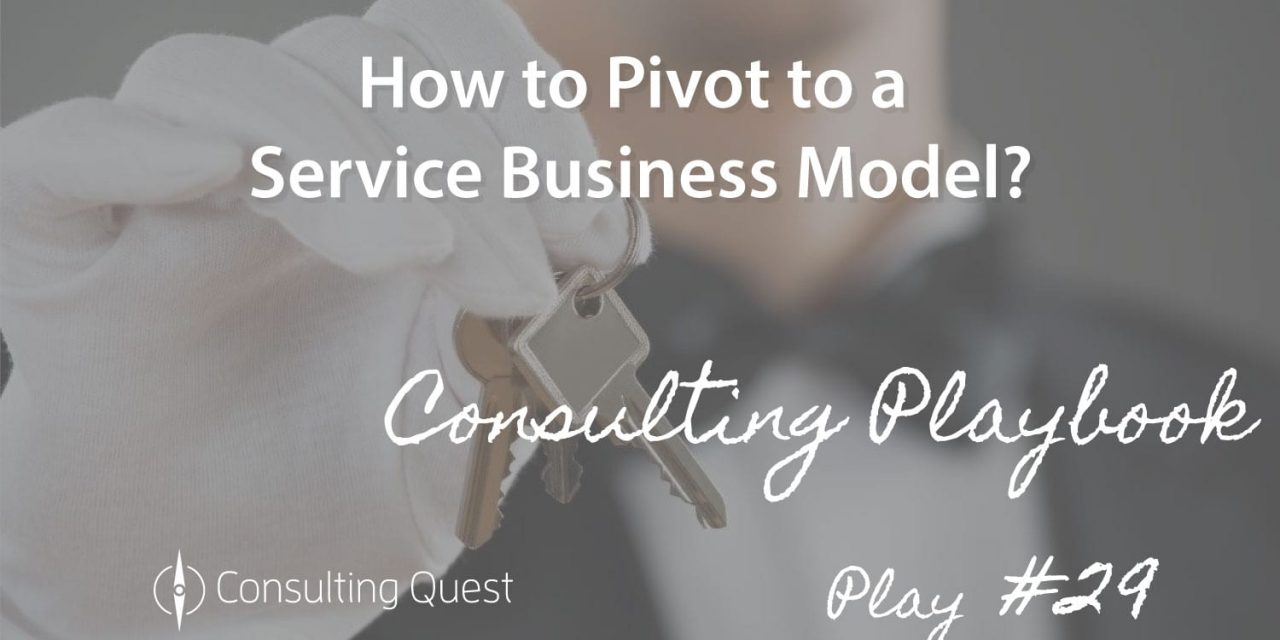
Consulting Performance: Measure What is Measurable and Make Measurable What is Not
In God we trust; all others must bring data:
As consultants hammer home to their clients, the only way to prove that you are good is to bring the proof, the data. Paradoxically, however, they don’t apply that sound principle to their own shops. Management consulting has always been something of an informal business when it comes to measuring and proving its own impact. Daniel McGinn, a senior editor of Harvard Business Review writing in the magazine’s September 2013 issue, described consulting as a “black box.” And because there is no widely accepted, objective methodology for measuring consulting, the management consulting firms that attempt to create measures are inventing their own recipe.
Most firms measure their performance through the volume of sales and re-sales per consultant. Partners thus are encouraged to bring in more revenue and conduct projects which, instead of fully meeting the client’s needs at the outset, lead to further projects without necessarily cultivating good long-term relationships with the clients. And then there are the Attila-the-Hun type of consultants who pursue a scorched-earth policy, wringing as much revenue from the client as quickly as possible and then moving to the next target while being handsomely compensated for it. Some firms attempt a cross-partner evaluation, whereby a partner surveys a colleague’s clients to gauge their satisfaction. The result is often a quid pro quo in which the evaluator returns a favorable report on the colleague’s performance in hopes of being included in the colleague’s next big project. In addition, many consulting firms are organized as partnerships, which encourages individualistic and short-term behavior that works against long-term relationships, specialized expertise, and team play.
Measure what is measurable, and make measurable what is not
Even though production in management consulting appears to be mostly intangible, there are still dimensions that can be measured based on the expectations of the clients. Those dimensions include:
Commercial Approach. Was the client convinced by your proposal? Your pitch? Was your proposal in line with the client’s expectations?
Relationship. How well do your consultants do with the clients and their teams? What image do clients have of your company? Collegial? Honest? Trustworthy?
Expertise. How is your expertise perceived by the client? What were their expectations?
Delivery posture. How does the client perceive your posture? Are you available? Flexible?
Project Management. How did you perform on the traditional triad: scope, time, and cost?
Impact. What impact did you work have on your client’s organization in terms of savings, ROI, change, and the like?
Client satisfaction. Is the client satisfied overall with your company?
Measure your Performance

We all love apps that can help us be more organized, productive and enjoy some extra free time.
But evaluation shouldn’t stop there. You need to assess performance at the right degree of granularity. Evaluating the company performance as a whole won’t allow you to identify the partners’ blind spots and to surface best practices. And going down to the consultant level will be very hard to organize (and consequently very costly) in exchange for little in the way of extra value.
However, if you are evaluated using the same methodology used on similar firms offering the same range of services, then you can benchmark yourself internally and against the competition. Such benchmarking is invaluable in terms of positioning and strategy. All that is required is an independent organization that can conduct your evaluations. Such independence provides the objectivity and the confidentiality needed to get candid feedback from your clients, a fair assessment of your partners, and an accurate comparison with your competitors.
To measure is to know
Once all of the relevant dimensions have been measured, you will have a wealth of inputs that your firm can use to:
Understand. One key element of the business is to understand your client expectations and whether your work met their needs. Sometimes client expectations may be explicit, like a specific type of expertise. Or they can be implicit expectations like trustworthiness, ethical behavior, or active listening on your part. The ability to hone in on those expectations, both explicit and implicit, confers significant competitive advantage.
Strategize. Evaluation will give you greater insight into your strengths and weaknesses and help you evaluate the effectiveness of your value proposition and your strategy. You can also gauge your performance in each of the various segments you serve.
Learn. Identifying best practices and capitalizing on experience can spur innovation. Evaluation can also help you identify your partners’ blind spots and gain a better understanding of your firm’s ecosystem.
Improve. Assessment also provides a better understanding of how you perform in each of the different steps of your process: matching the right partner or team with the project, the proposal, delivery posture, project management, team composition, and impact. You then have the keys to improving on the dimensions important to your clients.
Manage. Knowing your clients’ specific needs enables you to continuously improve your performance, build better offerings and teams, and increase your success rate. But evaluation can also be a key tool for talent management, giving you valuable insights into your employees and enabling you to better manage their development and compensation in an industry where attracting and retaining talent is essential.
By changing nothing, nothing changes
Used wisely, performance evaluation can help you capitalize on strengths and mitigate weaknesses. And it could be easier to implement than you think.
Why?
It doesn’t cost a thing. The cost of evaluating a client engagement represents only a negligible percentage of the engagement’s revenue.
It’s already there. You are already evaluated by your client (informally), and your clients are familiar with evaluation processes.
Think ROI. Your return on investment is highly positive.
You can use an objective evaluation to build your reputation, enhance your credibility, strengthen your relationship with existing clients, and enlarge your portfolio.
In a nutshell, evaluating your performance will enable you to guarantee a certain level of performance, build loyalty, and improve your success rate.
So what are you waiting for?
Hélène Laffitte is the CEO of Consulting Quest, a Global Performance-Driven Consulting Platform and author of “Smart Consulting Sourcing”, a step by step guide to getting the best ROI from your consulting. With a blend of experience in Procurement and Consulting, Hélène is passionate about helping Companies create more value through Consulting.




